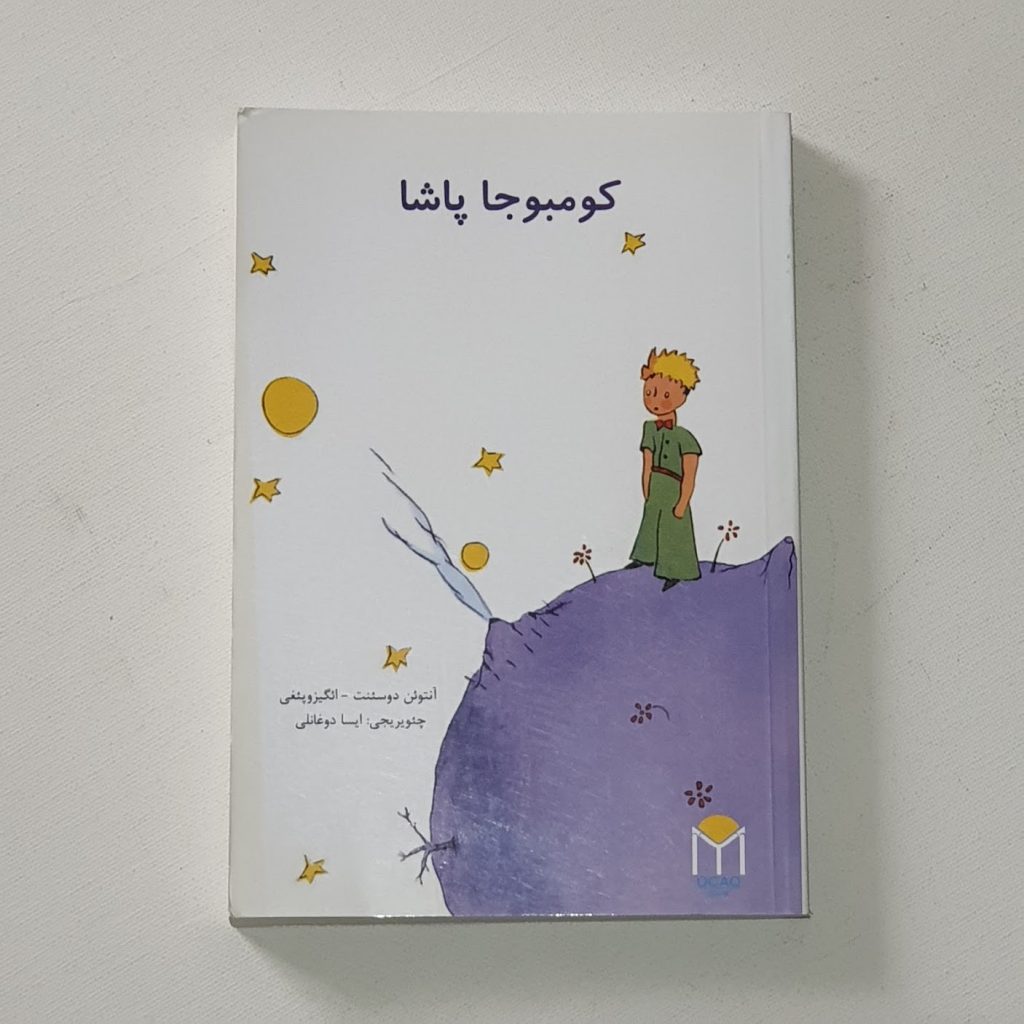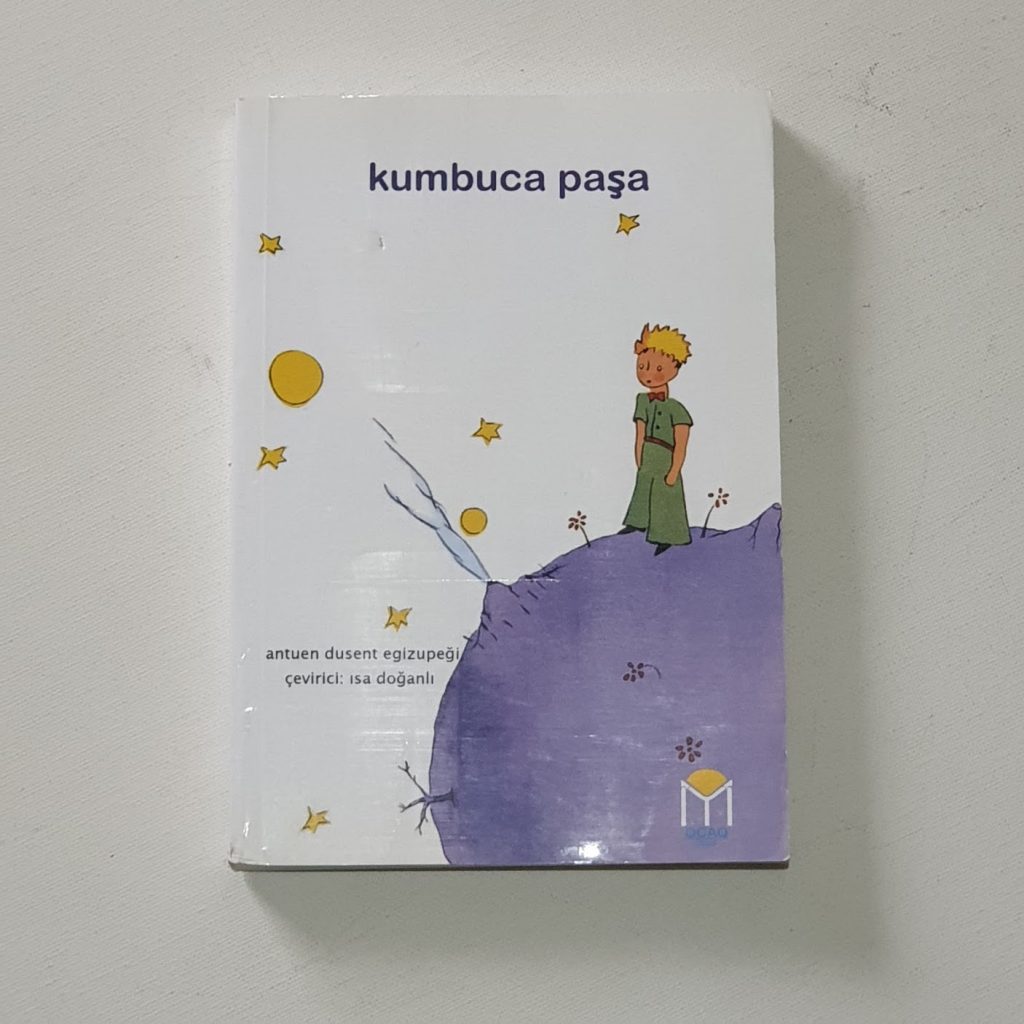
Kumbuca Paşa (کومبوجا پاشا) — in Qashqai.
Qashqai, a Turkic language spoken by the semi-nomadic Qashqai people of southwestern Iran, is a living testament to resilience, mobility, and cultural fusion. Belonging to the Oghuz branch of the Turkic family—alongside Azerbaijani, Turkish, and Turkmen—Qashqai is marked by unique phonetic and lexical features, influenced heavily by centuries of interaction with Persian and other Iranian languages. Though unwritten for much of its history, Qashqai has survived and thrived through strong oral traditions, functioning as the intimate language of song, storytelling, and clan cohesion in the face of political marginalisation and linguistic assimilation.

Historically, the Qashqai confederation emerged as a diverse and powerful tribal alliance in the Zagros Mountains, consisting of Turkic, Kurdish, Lori, and Arab elements united by loyalty and mobility rather than ethnicity alone. The Qashqai language, therefore, became both a cultural glue and a marker of identity, especially as the tribes migrated seasonally between winter pastures near the Persian Gulf and summer highlands in the interior. Cultural life among Qashqai speakers is rich with textile artistry—particularly their world-renowned carpets—vibrant music played on the kamancheh and sorna, and epic poetry that praises heroism, hospitality, and the grandeur of nature. Their traditions are steeped in oral history, with elders recounting tales of legendary khans and long migrations, while women pass down not just weaving techniques but songs that preserve the spirit of the people. Though modernisation and state pressure have led many Qashqai to settle and adopt Persian in formal domains, their language endures as a proud expression of collective memory, a rhythmic echo of hooves and hills, and a bridge between Turkic roots and Iranian soil.


